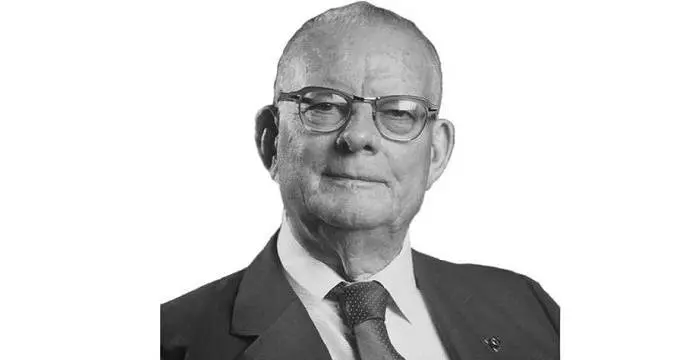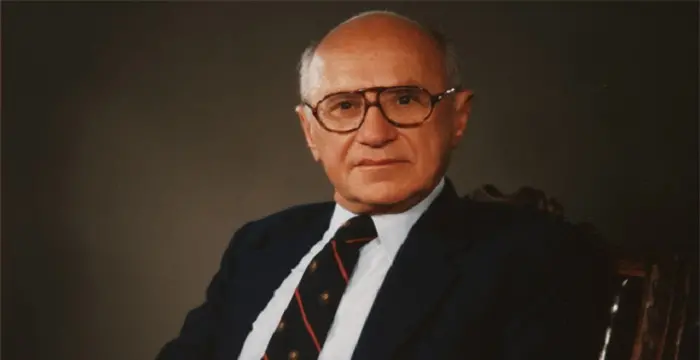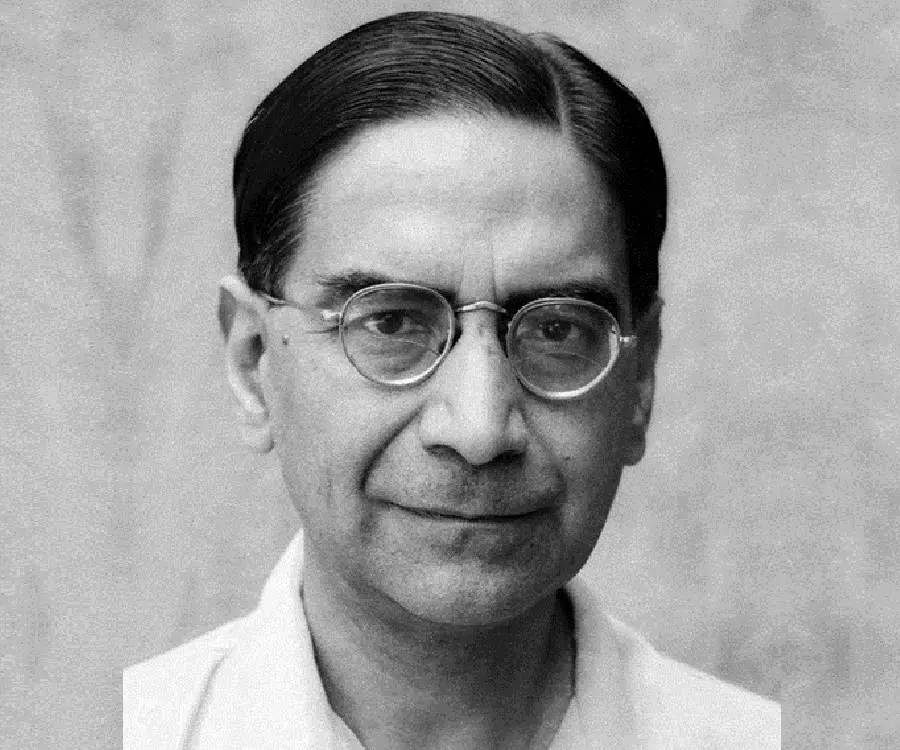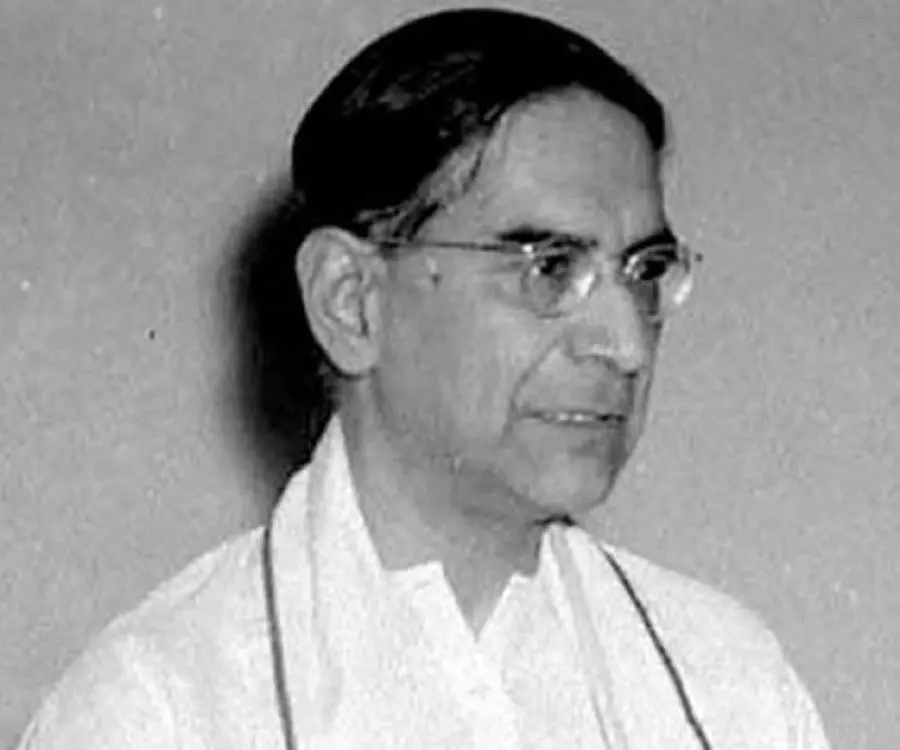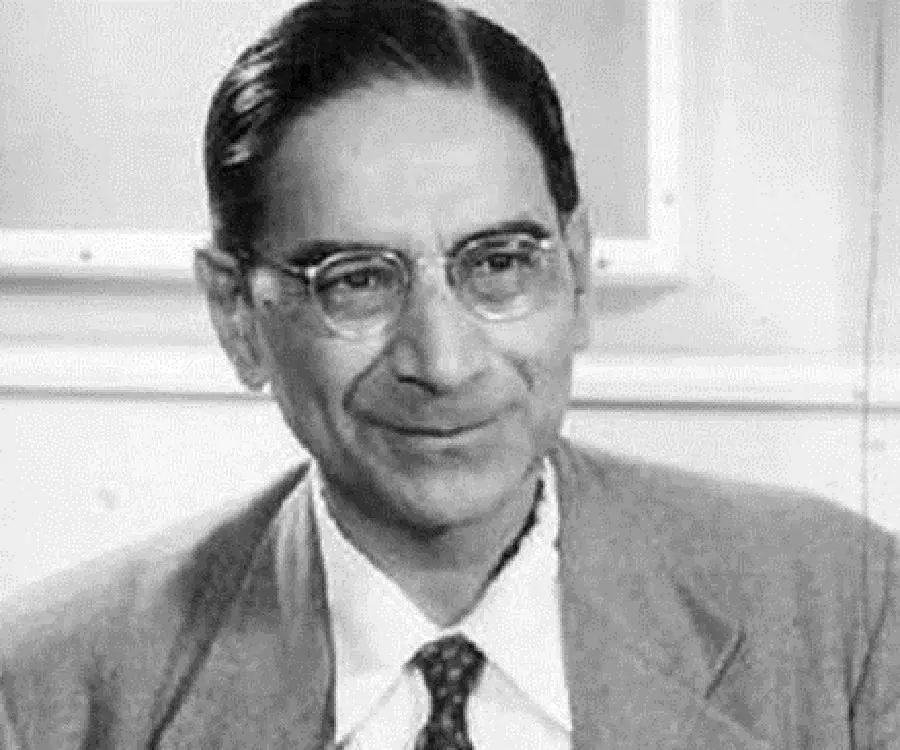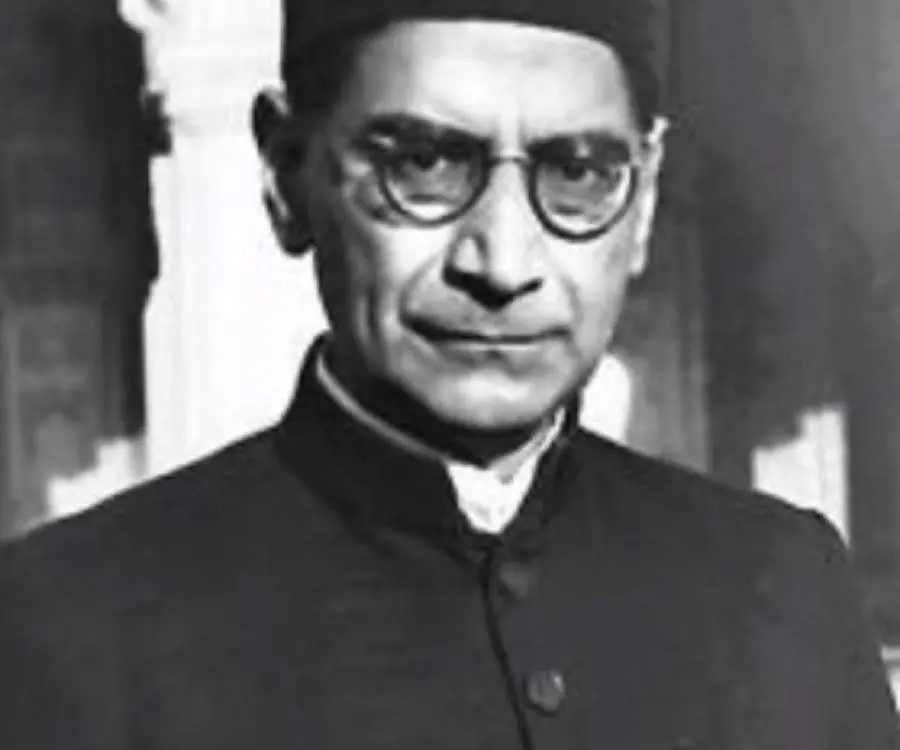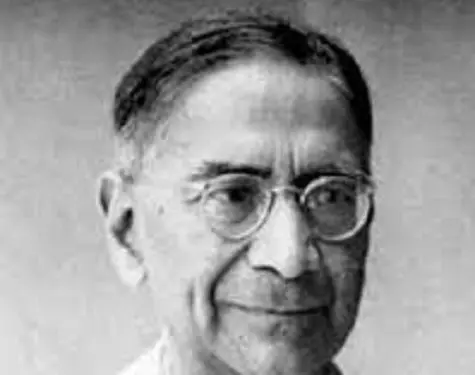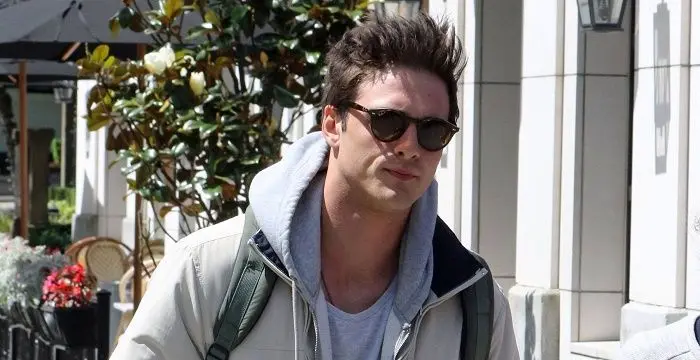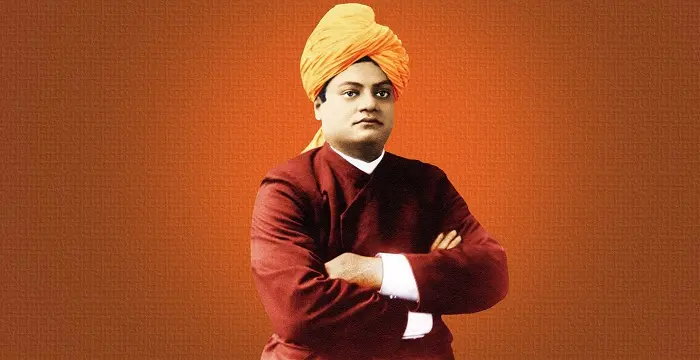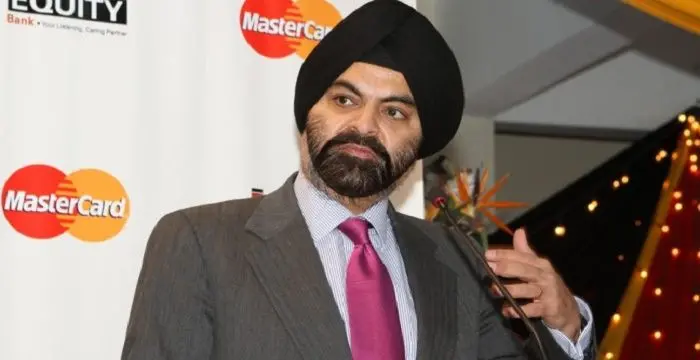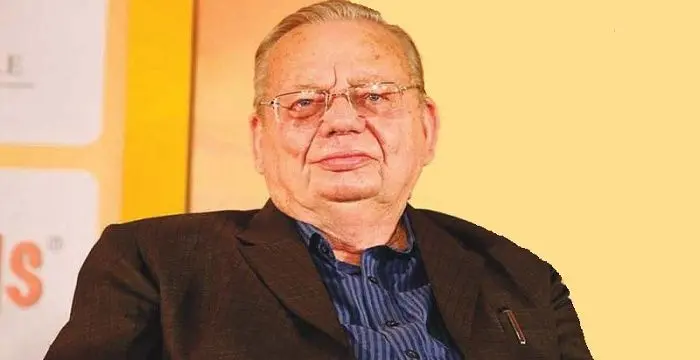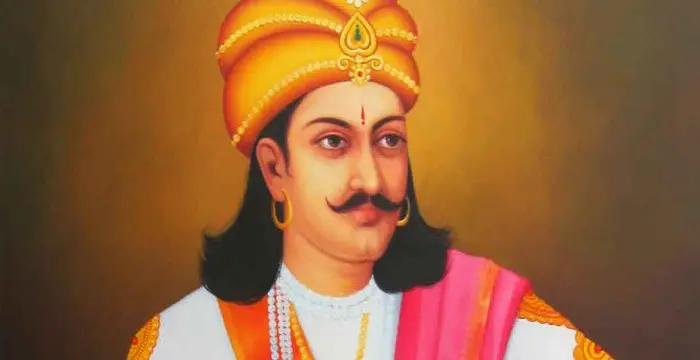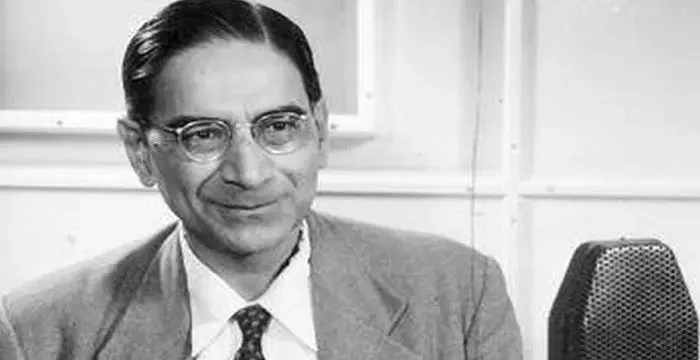
Prasanta Chandra Mahalanobis - Statistician, Birthday and Childhood
Prasanta Chandra Mahalanobis's Personal Details
Prasanta Chandra Mahalanobis was an Indian statistician who devised the Mahalanobis distance
| Information | Detail |
|---|---|
| Birthday | June 29, 1893 |
| Died on | June 28, 1972 |
| Nationality | Indian |
| Famous | Scientists, Statistician |
| Known as | P. C. Mahalanobis |
| Universities |
|
| Founder / Co-Founder |
|
| Birth Place | Kolkata |
| Religion | Hinduism |
| Gender | Male |
| Sun Sign | Cancer |
| Born in | Kolkata |
| Famous as | Statistician |
| Died at Age | 78 |
// Famous Statistician
William Edwards Deming
W. Edwards Deming was an American statistician, professor, author, lecturer, and consultant. This biography provides detailed information on his childhood, life, career, achievements and timeline.
Milton Friedman
Milton Friedman was a famous American economist who propagated the virtues of free market. Check out this biography to know about his childhood, family life, achievements and other facts related to his life.
Prasanta Chandra Mahalanobis's photo
Who is Prasanta Chandra Mahalanobis?
Prasanta Chandra Mahalanobis was an Indian scientist and applied statistician who devised the Mahalanobis distance, a statistical measure. He founded the Indian Statistical Institute and played a key role in formulating India’s strategy for industrialization in the Second Five-Year Plan (1956–61). He was also very well known for his pioneering studies in anthropometry in India. Born into an academically oriented family in late 19th century, he was encouraged to pursue his intellectual interests from an early age. After completing his schooling he went to study at the Presidency College, Calcutta where he had the good fortune of being taught by the likes of Jagadish Chandra Bose, Sarada Prasanna Das, and Prafulla Chandra Ray. Brilliant and ambitious, he moved to England to further his education at the King's College, Cambridge. There he met the eminent Indian mathematical genius Srinivasa Ramanujan and was deeply influenced by him. While in England, Mahalanobis developed an interest in statistics and was fascinated by the idea of how statistics could be used to understand problems in meteorology and anthropology. After returning to India, he teamed up with a group of like-minded colleagues to form the Indian Statistical Institute (ISI). As a statistician he made several remarkable contributions to the field, and was instrumental in formulating newly independent India’s strategy for industrialization.
// Famous Scientists
Juliane Koepcke
Juliane Koepcke is a German-Peruvian biologist, who was the lone survivor among the 92 passengers and crew of the ill-fated LANSA Flight 508 that crashed in the Peruvian rainforest on 24 December 1971. Know more about her life in this biography.
Henry Cavendish
Henry Cavendish was a theoretical chemist and physicist, renowned for discovery of hydrogen and calculation of the mass of earth. To know more about his childhood, profile, timeline and career read on
Konstantin Tsiolkovsky
Konstantin Tsiolkovsky was a Russian rocket scientist and a pioneer of astronautics. This biography provides detailed information about his childhood, family, personal life, career, achievements, etc.
Childhood & Early Life
Prasanta Chandra Mahalanobis was born on 29 June 1893, in Calcutta, Bengal, British India to Probodh Chandra and Nirodbashini. He was the eldest of the couple’s six children. His family was a relatively wealthy and influential one.
Prasanta Chandra’s grandfather Gurucharan was actively involved in social movements such as the Brahmo Samaj and had dared to go against the norms of the society by marrying a widow. Gurucharan was also friends with several influential educators and reformers, and thus the young Prasanta grew up in an intellectually stimulating environment.
He received his schooling at the Brahmo Boys School in Calcutta, graduating in 1908. He then enrolled at the Presidency College, Calcutta, where his teachers included Jagadish Chandra Bose and Prafulla Chandra Ray. Meghnad Saha and Subhas Chandra Bose were his juniors at college. He graduated with a Bachelor of Science degree with honors in physics in 1912.
Wishing to study abroad, he went to England in 1913 and joined King's College Chapel. He had an interesting life in England—along with his studies, he also explored cross-country walking and punting on the river. He soon received his Tripos in physics.
Career
After completing his education he worked for a while at the Cavendish Laboratory with C. T. R. Wilson. The he took a break to go to India where he was asked by the Principal of Presidency College to take classes in physics.
He returned to England after a short stay in India. During this time he discovered the ‘Biometrika’, a journal published by Oxford University Press for the Biometrika Trust which primarily focuses on theoretical statistics. He became fascinated with the subject and was intrigued by the utility of statistics in understanding problems in meteorology and anthropology.
He returned to India and was appointed as Professor of Physics at Presidency College in 1922; he taught physics at the college for the next three decades. But being a Professor of Physics did not deter him from pursuing his new found interest in statistics.
He found a mentor in Acharya Brajendra Nath Seal who encouraged his pursuits in statistics. Initially Mahalanobis began working on analyzing university exam results, anthropometric measurements on Anglo-Indians of Calcutta and some meteorological problems.
He also had many colleagues who were equally passionate about statistical studies. With them, he first set up a Statistical Laboratory in his room at the Presidency College, Calcutta. The formation of this group eventually led to the establishment of the Indian Statistical Institute (ISI) which was formally registered in 1932.
Initially housed in the Physics Department of the Presidency College, the institute grew with the assistance received through Pitamber Pant, who was a secretary to the Prime Minister Jawaharlal Nehru. Several of Mahalanobis’ colleagues, including S. S. Bose, J. M. Sengupta, R. C. Bose, S. N. Roy, K. R. Nair, R. R. Bahadur, and Gopinath Kallianpur made pioneering contributions to the institute.
The 1930s saw the institute expand vastly. In 1933, the journal ‘Sankhya’ was founded, and in 1938, a training section was started.
He was also very influential in developments related to large-scale sample surveys. He is credited with the introduction of the concept of pilot surveys, and his early surveys which began between 1937 and 1944 included topics such as consumer expenditure, tea-drinking habits, public opinion, crop acreage and plant disease.
In 1948, the ISI received a major grant from the Indian government which allowed them to set up a separate Research and Training School. The institute continued to flourish under Mahalanobis’ leadership.
Renowned for his statistical achievements all over the world, he also held several prestigious international positions, including a stint as the chairman of the United Nations Sub-Commission on Sampling from 1947 to 1951.
He established the National Sample Survey in 1950 and also set up the Central Statistical Organization to coordinate statistical activities in India. He became a member of the Planning Commission of India in 1955 and remained a member till 1967. In this position, he helped to formulate strategies to aid the development of heavy industry in India as a part of the Second Five-Year Plan.
Major Works
He founded the Indian Statistical Institute (ISI) in the early 1930s which later on became recognized as an academic institute of national importance. The institute is today regarded as one of the oldest and most prestigious institutions focused on statistics.
One of his major contributions to statistics was the concept of Mahalanobis distance which he introduced in 1936. A measure of the distance between a point P and a distribution D, it is a multi-dimensional generalization of the idea of measuring how many standard deviations away P is from the mean of D.
Awards & Achievements
He received the Weldon Memorial Prize from the University of Oxford in 1944.
He was made an Honorary Fellow of the Royal Statistical Society, UK, in 1954, and of King's College, Cambridge in 1959.
He was honored with two prestigious awards in 1968—Padma Vibhushan and Srinivasa Ramanujam Gold Medal—in recognition of his contributions to statistics.
Personal Life & Legacy
He fell in love with Nirmalkumari, daughter of Herambhachandra Maitra, a leading educationist and member of the Brahmo Samaj, and wanted to marry her. But the girl’s father disapproved the match. Nonetheless, the young couple went ahead and got married on 27 February 1923.
He was totally dedicated to his profession and remained active with his research work till the very end of his life. He died on 28 June 1972, a day before his 79th birthday.
// Famous Cancer Celebrities peoples
Jacob Elordi
Jacob Elordi is an Australian actor. Let’s take a look at his childhood, family, personal life, career, etc.
Riele Downs
Riele Downs is a Canadian-American actress & Musical.ly star. Let’s take a look at her family and personal life including age, birthday, net worth, boyfriends and fun facts.
Yammy Xox
Check out all that you wanted to know about Yammy Xox, the famous British YouTube Personality; her birthday, her family and personal life, her boyfriends, fun trivia facts and more.
Prasanta Chandra Mahalanobis biography timelines
- // 29th Jun 1893Prasanta Chandra Mahalanobis was born on 29 June 1893, in Calcutta, Bengal, British India to Probodh Chandra and Nirodbashini. He was the eldest of the couple’s six children. His family was a relatively wealthy and influential one.
- // 1908 To 1912He received his schooling at the Brahmo Boys School in Calcutta, graduating in 1908. He then enrolled at the Presidency College, Calcutta, where his teachers included Jagadish Chandra Bose and Prafulla Chandra Ray. Meghnad Saha and Subhas Chandra Bose were his juniors at college. He graduated with a Bachelor of Science degree with honors in physics in 1912.
- // 1913Wishing to study abroad, he went to England in 1913 and joined King's College Chapel. He had an interesting life in England—along with his studies, he also explored cross-country walking and punting on the river. He soon received his Tripos in physics.
- // 1922He returned to India and was appointed as Professor of Physics at Presidency College in 1922; he taught physics at the college for the next three decades. But being a Professor of Physics did not deter him from pursuing his new found interest in statistics.
- // 27th Feb 1923He fell in love with Nirmalkumari, daughter of Herambhachandra Maitra, a leading educationist and member of the Brahmo Samaj, and wanted to marry her. But the girl’s father disapproved the match. Nonetheless, the young couple went ahead and got married on 27 February 1923.
- // 1932He also had many colleagues who were equally passionate about statistical studies. With them, he first set up a Statistical Laboratory in his room at the Presidency College, Calcutta. The formation of this group eventually led to the establishment of the Indian Statistical Institute (ISI) which was formally registered in 1932.
- // 1933 To 1938The 1930s saw the institute expand vastly. In 1933, the journal ‘Sankhya’ was founded, and in 1938, a training section was started.
- // 1936One of his major contributions to statistics was the concept of Mahalanobis distance which he introduced in 1936. A measure of the distance between a point P and a distribution D, it is a multi-dimensional generalization of the idea of measuring how many standard deviations away P is from the mean of D.
- // 1937 To 1944He was also very influential in developments related to large-scale sample surveys. He is credited with the introduction of the concept of pilot surveys, and his early surveys which began between 1937 and 1944 included topics such as consumer expenditure, tea-drinking habits, public opinion, crop acreage and plant disease.
- // 1944He received the Weldon Memorial Prize from the University of Oxford in 1944.
- // 1947 To 1951Renowned for his statistical achievements all over the world, he also held several prestigious international positions, including a stint as the chairman of the United Nations Sub-Commission on Sampling from 1947 to 1951.
- // 1948In 1948, the ISI received a major grant from the Indian government which allowed them to set up a separate Research and Training School. The institute continued to flourish under Mahalanobis’ leadership.
- // 1954 To 1959He was made an Honorary Fellow of the Royal Statistical Society, UK, in 1954, and of King's College, Cambridge in 1959.
- // 1968He was honored with two prestigious awards in 1968—Padma Vibhushan and Srinivasa Ramanujam Gold Medal—in recognition of his contributions to statistics.
- // 28th Jun 1972He was totally dedicated to his profession and remained active with his research work till the very end of his life. He died on 28 June 1972, a day before his 79th birthday.
// Famous Indian peoples
Sunny Leone
Sunny Leone is an actress and model. Check out this biography to know about her birthday, childhood, family life, achievements and fun facts about her.
Swami Vivekananda
Swami Vivekananda was the chief disciple of Sri Ramakrishna, and was responsible for awakening India spiritually. Check this biography to know in detail about his life, profile and timeline.
Ajaypal Banga
Ajaypal Banga is an Indian-American business executive who is the CEO of MasterCard. Check out this biography to know about his childhood, family life, achievements and fun facts about him.
Ruskin Bond
Ruskin Bond is an award winning Indian author of British descent. This biography of Ruskin Bond provides detailed information about his childhood, life, achievements, works & timeline.
Urmila Matondkar
Urmila Matondkar is an Indian film actress known for her films like ‘Rangeela’ and ‘Satya.’ Check out this biography to know about her childhood, family life, achievements and fun facts about her.
Ashoka
Ashoka was the third emperor of the Mauryan Dynasty and ruled almost the entire Indian subcontinent. This biography profiles his childhood, life, reign, achievements and timeline
Prasanta Chandra Mahalanobis's FAQ
What is Prasanta Chandra Mahalanobis birthday?
Prasanta Chandra Mahalanobis was born at 1893-06-29
When was Prasanta Chandra Mahalanobis died?
Prasanta Chandra Mahalanobis was died at 1972-06-28
Where was Prasanta Chandra Mahalanobis died?
Prasanta Chandra Mahalanobis was died in Kolkata
Which age was Prasanta Chandra Mahalanobis died?
Prasanta Chandra Mahalanobis was died at age 78
Where is Prasanta Chandra Mahalanobis's birth place?
Prasanta Chandra Mahalanobis was born in Kolkata
What is Prasanta Chandra Mahalanobis nationalities?
Prasanta Chandra Mahalanobis's nationalities is Indian
What was Prasanta Chandra Mahalanobis universities?
Prasanta Chandra Mahalanobis studied at King's College, Cambridge, University of Calcutta, Presidency University, Kolkata, University of Cambridge
Which company or organization was founded by Prasanta Chandra Mahalanobis?
Prasanta Chandra Mahalanobis was the founder/co-founder of Indian Statistical Institute, National Sample Survey Organisation
What is Prasanta Chandra Mahalanobis's religion?
Prasanta Chandra Mahalanobis's religion is Hinduism
What is Prasanta Chandra Mahalanobis's sun sign?
Prasanta Chandra Mahalanobis is Cancer
How famous is Prasanta Chandra Mahalanobis?
Prasanta Chandra Mahalanobis is famouse as Statistician
